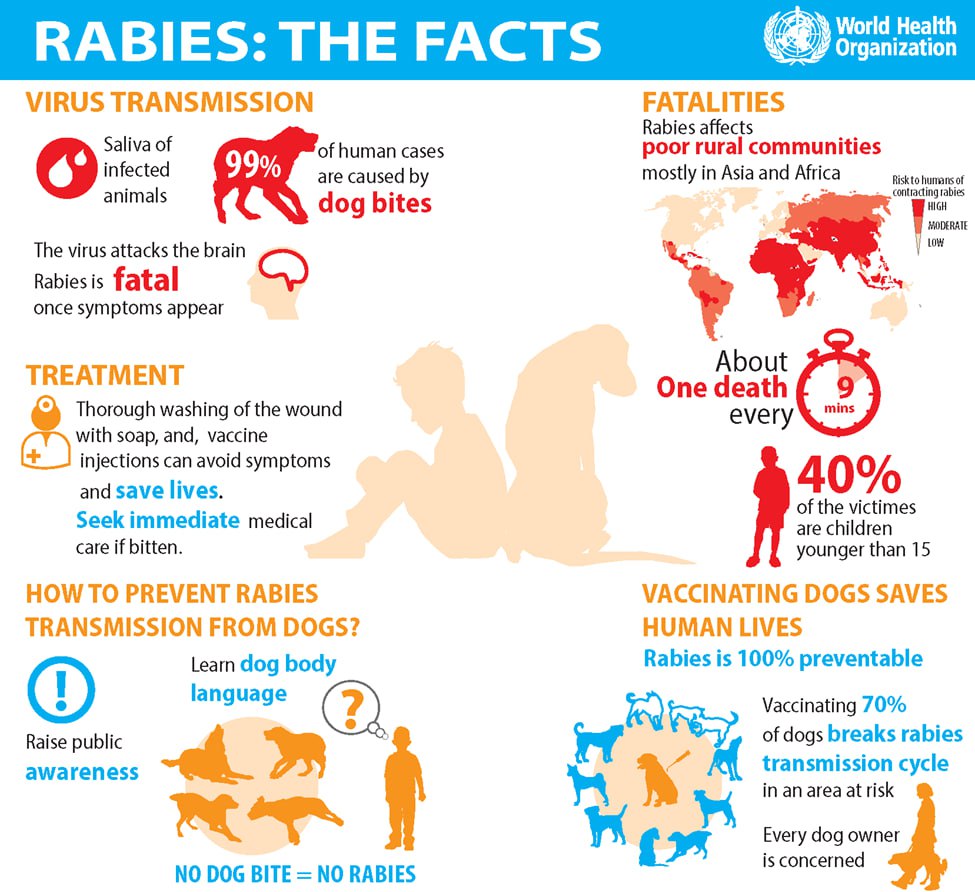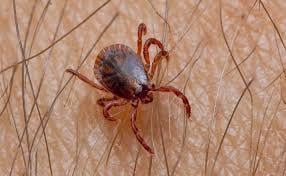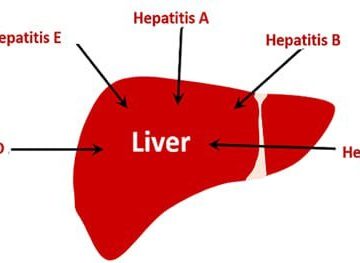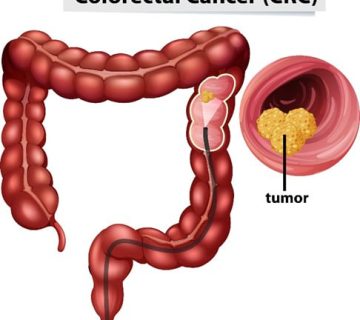Rabies is an uncommon but severe infection, typically acquired through a bite or scratch from an infected animal. While the disease is almost always deadly once symptoms manifest, prompt vaccination and early treatment can prevent infection.
Although rabies exists globally, it is extremely rare in the UK. The risk of contracting it while traveling is generally low, but the disease is more prevalent in areas of:
- Asia
- Africa
- Central and South America
Rabies primarily spreads through mammals such as dogs, bats, raccoons, and foxes.
You may be exposed to rabies if:
- You are bitten or scratched by an infected animal.
- An infected animal’s saliva comes into contact with your eyes, nose, mouth, or a wound.
Immediate Medical Advice
Seek urgent medical help if:
- You were bitten or scratched by an animal while traveling.
- An animal has licked your eyes, nose, mouth, or a wound during your travels.
Important: Immediate treatment is essential for rabies prevention, even if you have been vaccinated.
How to Minimize Rabies Risk While Traveling
When traveling, take steps to reduce your rabies exposure risk:
Do:
- Get travel health advice at least eight weeks before departure, including possible rabies vaccination.
- Locate nearby medical facilities in case urgent help is needed.
- Wash animal bites or scratches with soap and water and seek medical attention immediately.
Don’t:
- Avoid contact with wild or stray animals, as rabies may be present even if they appear healthy.
- Refrain from feeding animals, including those in zoos.
Rabies Vaccination
The rabies vaccine is recommended if you’re visiting areas where rabies is common, especially if:
- Medical help may be hard to access.
- You may encounter infected animals during outdoor activities.
- Your stay exceeds a month.
Those at occupational risk may also require vaccination. Note that you’ll need to pay for the rabies vaccine, available at travel clinics and pharmacies offering travel health services.
Treatment for Potential Rabies Exposure
If bitten, scratched, or licked by an animal potentially carrying rabies, a doctor will determine if treatment is needed. This generally includes:
- Two or more doses of the rabies vaccine.
- Rabies immunoglobulin, administered into the wound or by injection (necessary if unvaccinated or immunocompromised).
If started promptly, treatment is very effective. However, rabies is untreatable once symptoms appear.
Rabies Symptoms
Rabies symptoms generally develop 3 to 12 weeks after exposure but may emerge within days or even months or years later. Symptoms include:
- Tingling or numbness around the bite or scratch.
- Hallucinations or seeing things that are not there.
- Anxiety or hyperactivity.
- Trouble swallowing or breathing.
- Paralysis.
Once symptoms begin, rabies is nearly always fatal.
References:
1- https://www.nhs.uk/conditions/rabies/.
Asst Prof Dr Noor R Al-Hasani
Head of electronic health unit
10-11-2024








